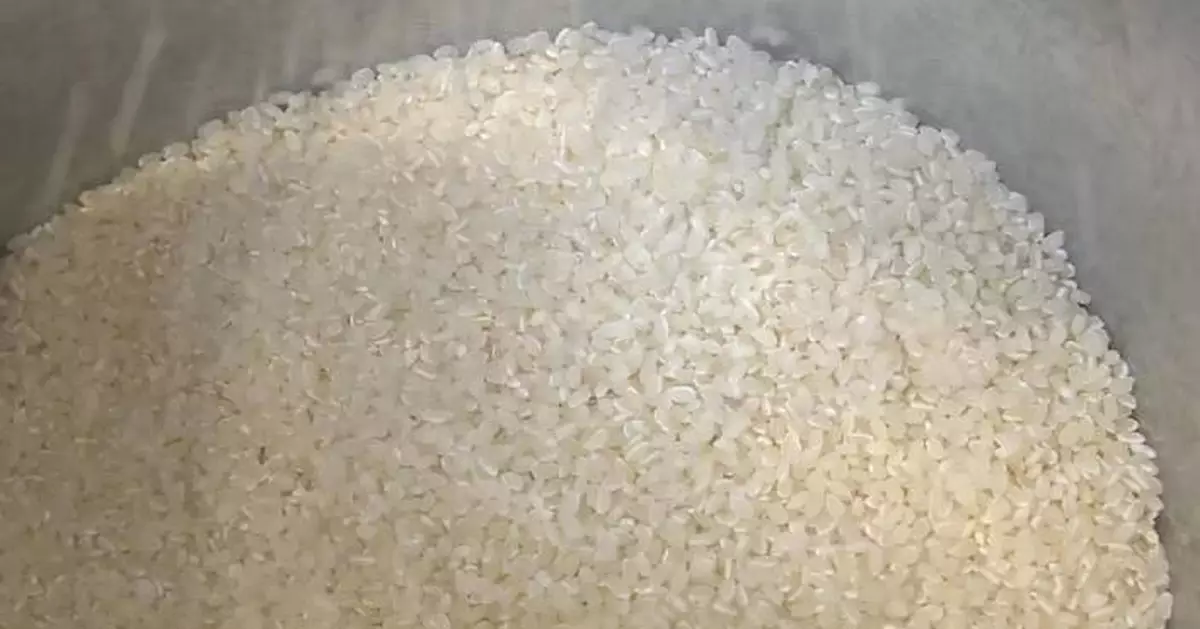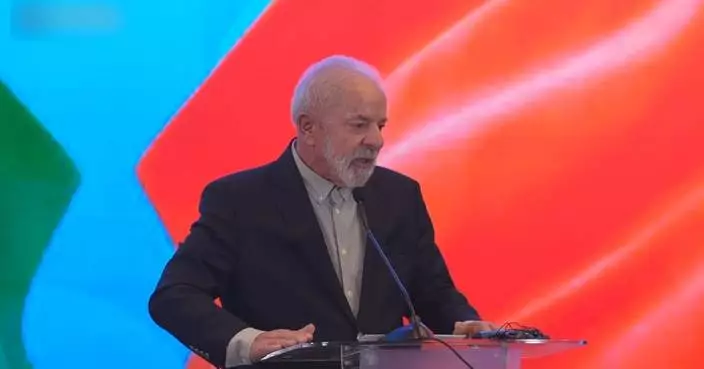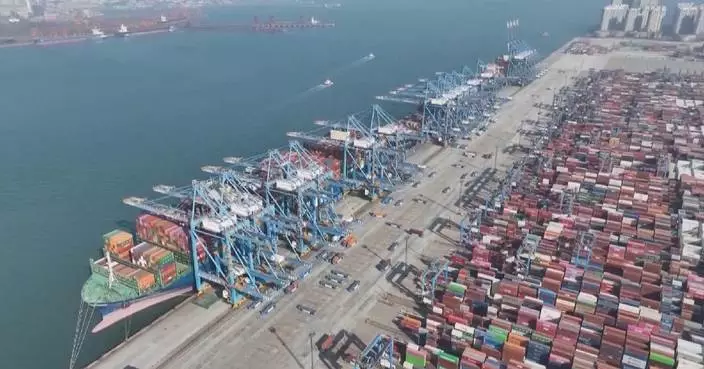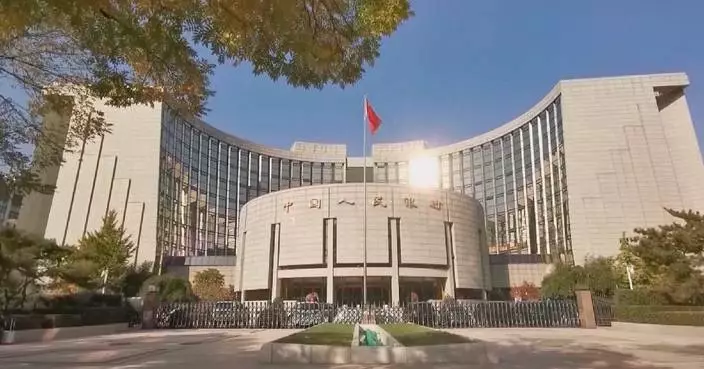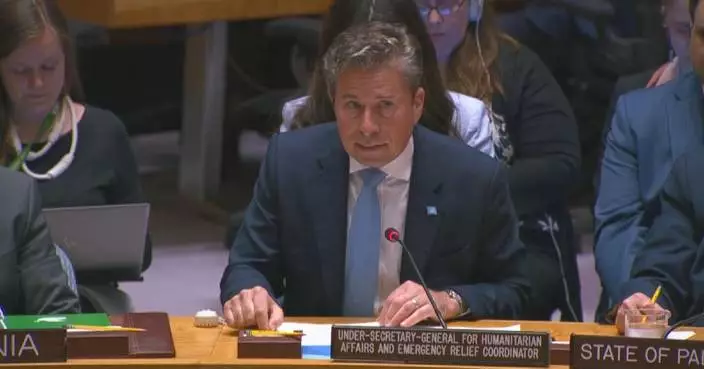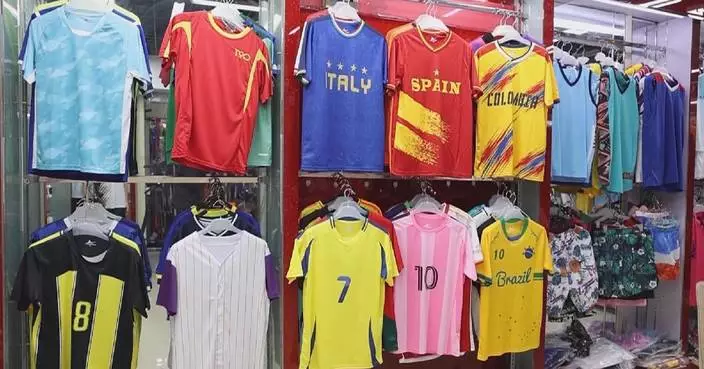Japan's rice stockpile has dropped to its lowest level in this century due to a prolonged heatwave in 2023 and rising domestic demand, causing concerns among residents about high prices.
The record-breaking heatwave and low rainfall in 2023 have stunted the growth of crops, including fruits, vegetables, and rice. This has led to reduced shipments and sharp price increases this year.
In Tokyo, Hidehisa Shinohara, a rice store owner, reported that he has never seen such low stockpiles.
"My store now has less than half the stock compared to normal years. Everything is less than half. Many varieties of rice that are typically available are not this year," said Shinohara.
As a result, the cost of rice has surged. The latest figures from the Agriculture Ministry indicate that rice prices have risen by 12 percent from the same period last year, placing additional strain on household finances.
Many consumers are visiting different stores in search of more affordable options.
"Rice is in shortage, and I see many people looking for cheaper alternatives in supermarkets around here," said a local resident.
"I usually buy four to five kilos of rice. When it was cheaper, five kilos cost about 1,400 yen (about 9.51 U.S. dollars), but now four kilos cost over 2,000 yen (about 13.6 U.S. dollars). It's a significant burden," said another resident.
While a new harvest is expected to go on market from late August, businesses say prices are likely to remain high.
The Ministry of Agriculture attributes the shortage to increased demand from the food service industry, which is still recovering from the impact of the COVID-19 pandemic. Additionally, there is heightened demand from record numbers of inbound tourists who are eager to enjoy Japanese food.
"I think prices will stay elevated due to increased production costs. Farmers have indicated that they cannot make ends meet with last year's price range. We expect more shortages over the next couple of years and need to maintain higher costs to ensure stable shipments," said Hidehisa.
Japanese consumers worry that if the situation persists, it may become difficult for households to enjoy affordable, high-quality rice.
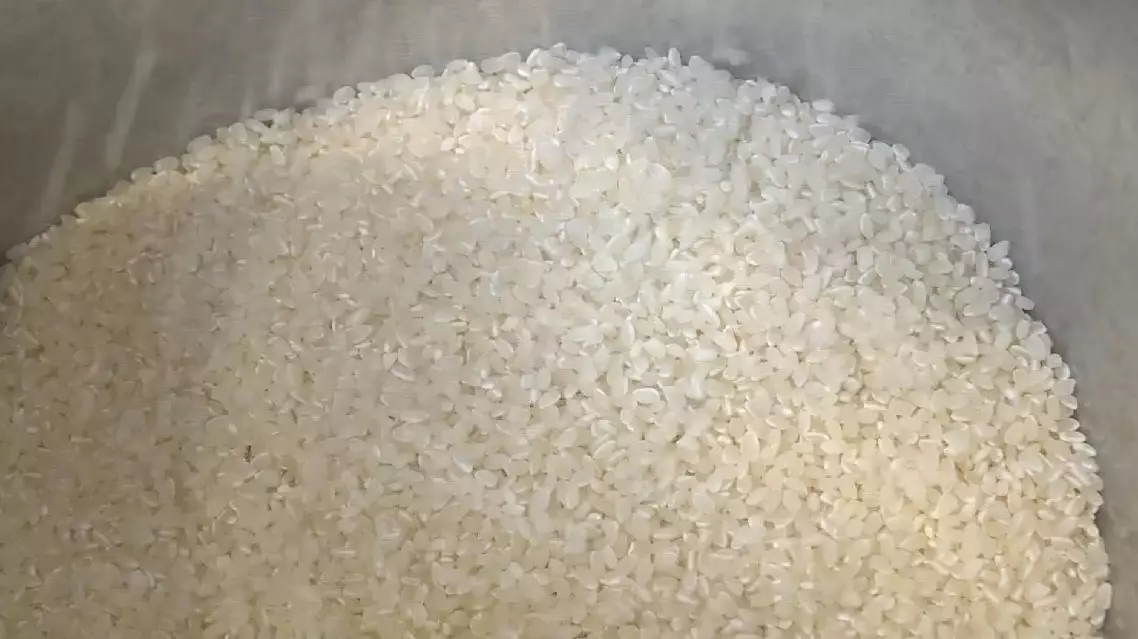
Japan's rice stockpile falls to lowest level in this century
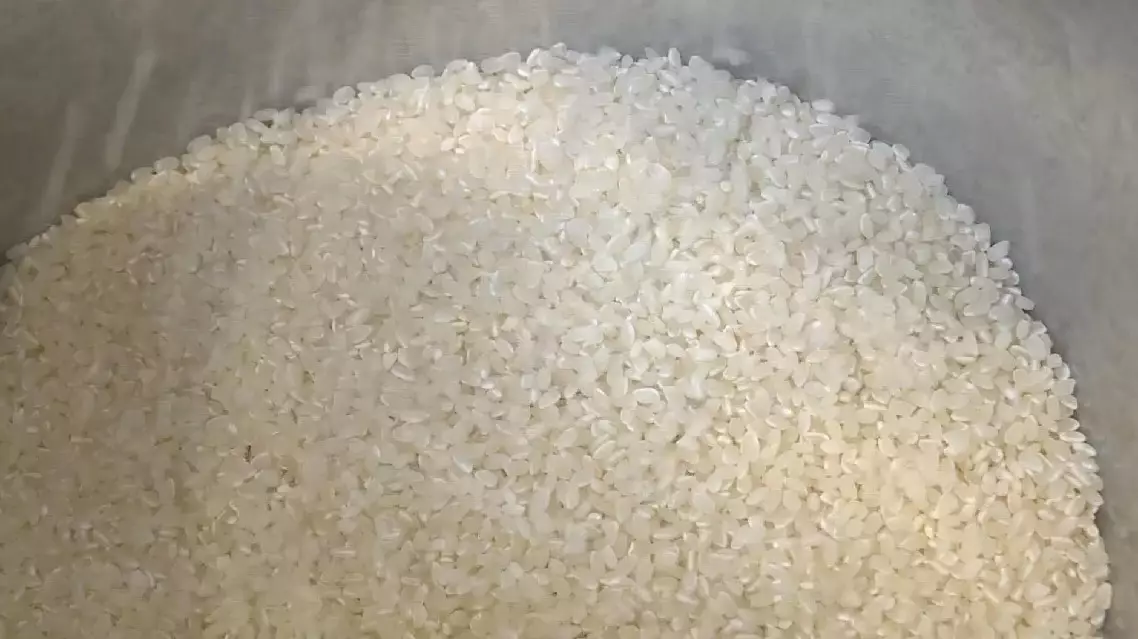
Japan's rice stockpile falls to lowest level in this century


